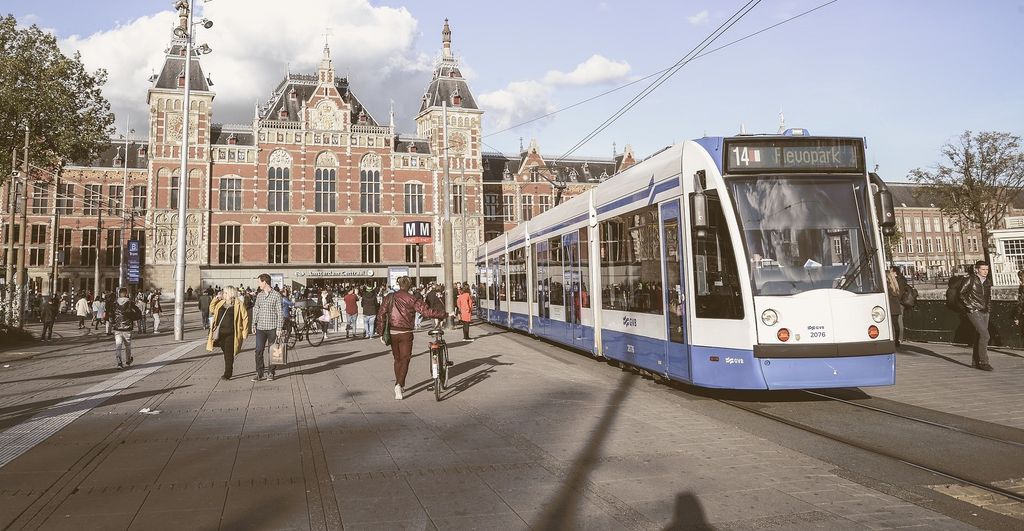
Europe must come together to change urban mobility: UITP and other associations issue a new joint statement
Putting public transport and active mobility at the heart of the upcoming Urban Mobility Package
In a joint statement on the EU’s Urban Mobility Framework, UITP and a broad coalition of transport stakeholders stressed that public transport and active mobility must be the foundation on which to build the change we need in our urban mobility systems.
According to the statement, public transport and active mobility are the most sustainable, affordable, democratic, dependable, and resilient transport modes, and should therefore be placed at the heart of the new EU Urban Mobility Framework.
Clean collective mobility must be a priority for cities if Europe is to achieve its climate targets and improve quality of urban life
The statement points out the importance of accelerating the development of Sustainable Urban Mobility Plans, shaping appropriate funding opportunities, and creating a good framework for public and private players to cooperate.
Key recommendations include:
- Ensure that Sustainable Urban Mobility Plans accelerate the uptake of sustainable and collective mobility.
- Support sustainable mobility with appropriate funding opportunities.
- Create multimodal mobility on the ground and by harnessing the benefits of data.
The coalition includes representatives of local and regional authorities, public transport operators, local and regional transport authorities, railway and infrastructure companies, the rail supply industry, passenger organisations and advocates for walking, cycling, disability rights and better health in Europe.
As the statement reads, “the scale and speed of the changes we need requires a wide and concerted effort across all levels of government. The European Commission must ensure Member States fulfil their obligations and support their local authorities in delivering sustainable urban mobility.”
The message we send to the European Commission today is clear: Promoting public transport and active mobility is the only way to achieve the EU climate targets and improve the quality of life in cities. While providing affordable and accessible mobility to all, these sustainable modes also help tackle environmental challenges, boost the economy, and improve EU citizens’ health and wellbeing. To encourage a much-needed modal shift, we call on the Commission to place public transport and active mobility at the heart of the future Urban Mobility Framework.
In a new campaign, UITP is showcasing the benefits of public transport for regions and cities. Public transport and active mobility are key to achieve the goals set up by the EU in terms of climate change, social cohesion, jobs creation and for the economy.












